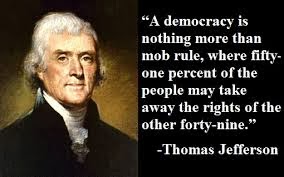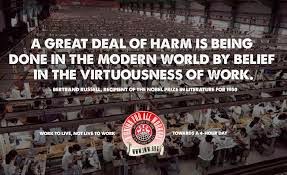 Philosophy that inspired the Greeks was intensely concerned with questions about the good life.
Philosophy that inspired the Greeks was intensely concerned with questions about the good life.Such a conception of philosophy does seem strange or even quaint in the contemporary world, where philosophy has become a kind of specialized, technical profession, one which does not clearly tend to make its practitioners practically wiser or better people.
 However, a challenge to this contemporary conception of philosophy seems well within the domain of the philosophical tradition. I conclude that edifying concerns, both ethical and religious, do not preclude entering into a serious philosophical conversation, including a conversation about the relation between philosophical reflection and edification. (Adapted from Stephen Evans, Kierkegaard: An Introduction.)
However, a challenge to this contemporary conception of philosophy seems well within the domain of the philosophical tradition. I conclude that edifying concerns, both ethical and religious, do not preclude entering into a serious philosophical conversation, including a conversation about the relation between philosophical reflection and edification. (Adapted from Stephen Evans, Kierkegaard: An Introduction.)Buddha teaches Right thinking and Right actions. "All that we are is the result of what we have thought: it is founded on our thoughts, it is made up of our thoughts. If a man speaks or acts with a pure thought, happiness follows him, like a shadow that never leaves him."
Doing Philosophy is taking Action, an incarnation of thinking. Like a twist to Descartes's Cogito ergo sum, I think therefore I Live (Je pense donc je vivant).














